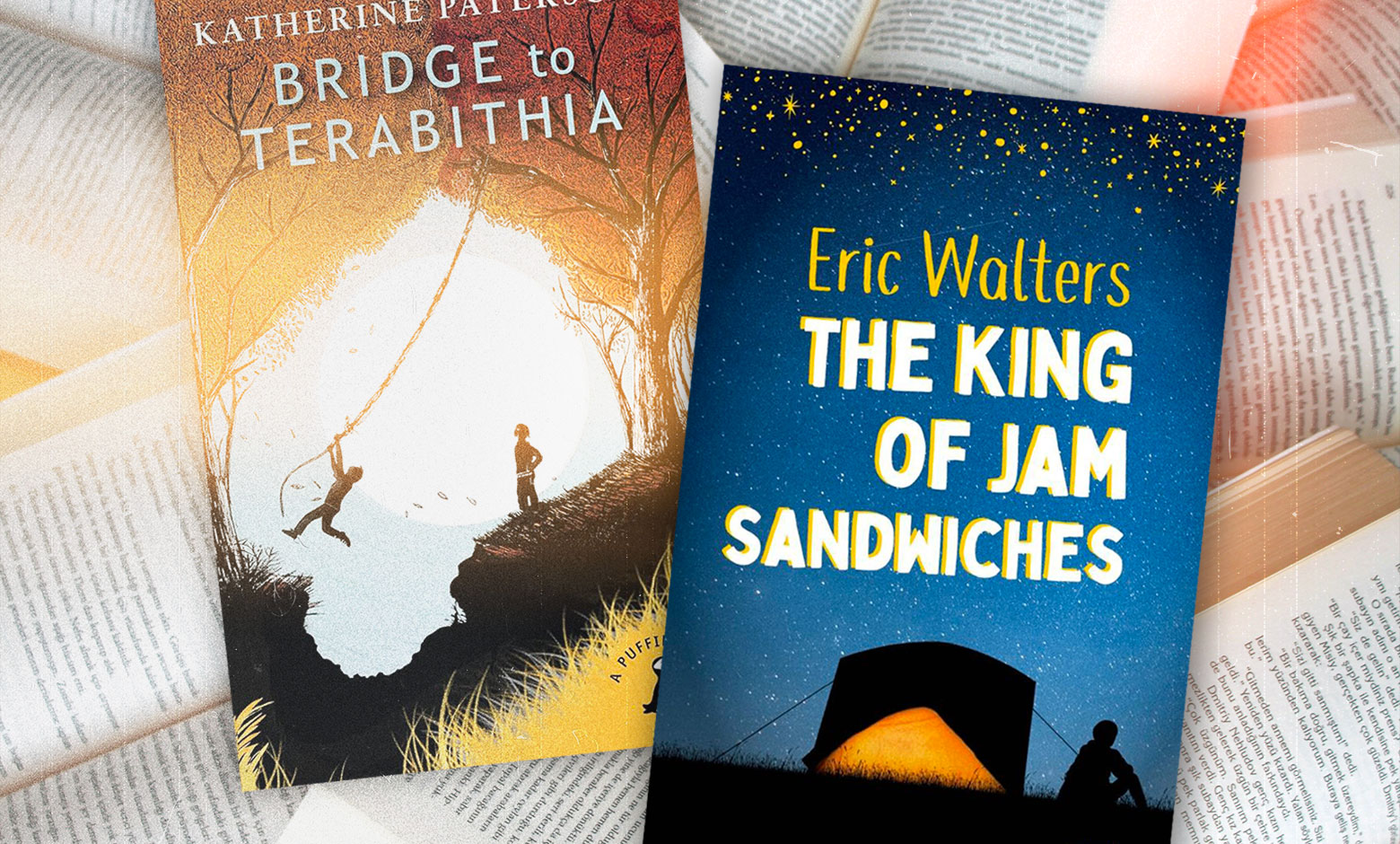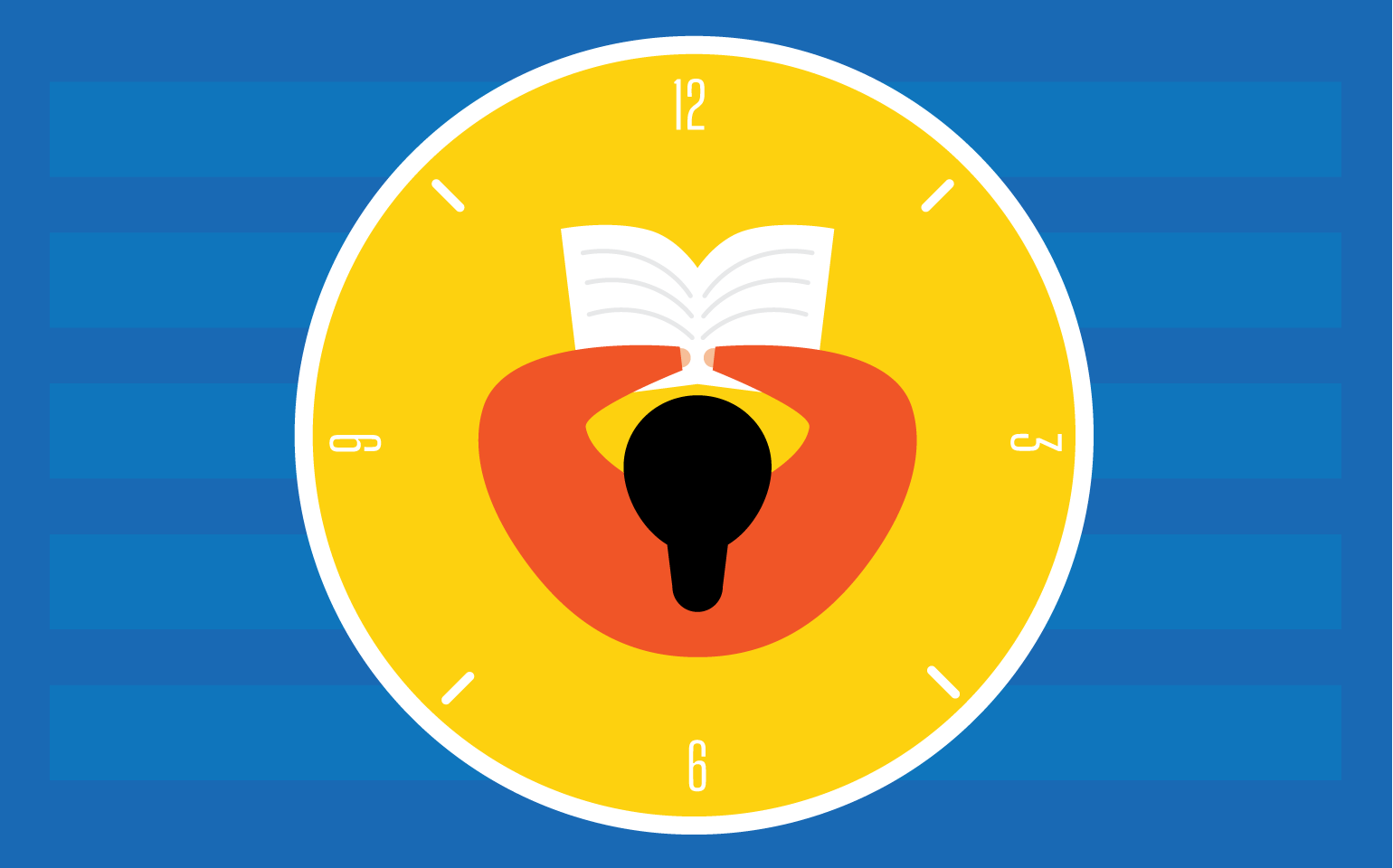
Why School Novel Studies Might Not Motivate Students to Read
Bridge to Terabithia. The Lion, the Witch, and the Wardrobe. The Outsiders.
All these books are popular novel study books for grades six to eight. And all those books were boring and paired with loads of work, resulting in much of the class disliking reading even more than they already do. So why do teachers continue to pick these books, and how can educators motivate students to read while getting the marks they need?
Two years ago, when I was in sixth grade, my teacher chose Bridge to Terabithia as the book for our novel study. My friend, being the fast and avid reader she is, finished the first few chapters before me. So, naturally, I asked her how the book had been so far. She told me, “Isabella, it is extremely boring!” I thought she was exaggerating, so I read the first couple chapters. Within the first five minutes of reading, my thoughts started to wander, and I was already thinking, why would our teacher choose this book? It’s so boring!
At the end of our novel study, we did a class vote on who liked the book and who did not. As if it were not clear enough by the lack of enthusiasm, the class did not like the book except for five people. Again, why choose Bridge to Terabithia year after year when it is clear most of the class does not like the book? One possible answer is that it would be too much work for the teacher, as they already have lesson plans and a class set of books (most of which are falling apart) ready to use. Or maybe the teacher does not want to take a risk with a new book that was not written almost 50 years ago.
Either way, older books should be replaced with newer, more relevant books with the same themes (that is not to say that all classic books are bad, but this was a grade six classroom).
If reading for pleasure is what schools are trying to encourage students to do, then assigning tons of work to each chapter and restricting what students read in schools will not accomplish that goal. What might help, however, is if teachers talk to students about options for the novel study to get a general opinion about what they will like or not like. For example, my teacher this year has done a great job of talking to us about what books we would like to read, as well as not assigning a great deal of work for each novel study. He also assigned us a personal novel study, allowing students to choose a book that interests them; this is more likely to spark a love of reading in students.
When students are required to fill out mind-numbing question sheets and memorize vocabulary used in the given book, reading becomes a chore of sorts.
It may not be the book that is chosen that is the problem; it is the excessive and mundane work that comes along with a novel study.
If a book that the students would really like is the novel study choice, great! But if that book has loads of work that the students must do, that is counterintuitive.
As I have pointed out, there are two major problems: the choice of the book and the overload of work that comes from it. The problem with book choice can easily be solved if the teacher takes a moment to do a quick search online to find books with themes fit for the novel study, and talks to the students about possible options. An example of a newer book that could replace Bridge to Terabithia is The King of Jam Sandwiches by Eric Walters. The King of Jam Sandwiches is a coming-of-age book that deals with poverty, mental illness, abandonment, and friendship. Eric Walters combines these heavy topics with humour, making it more digestible for middle grade readers. This is just one of many amazing books that could supplement those that the students do not like.
The other issue is the workload. I understand that teachers need marks for report cards and need to assess the students’ critical thinking abilities, but the amount of boring work that most teachers give their students is not helping. I once had to complete a slide show of just over 100 slides for a novel study. Even I, a student who puts effort into all her work, did the bare minimum to answer the questions. A solution to this work is to assign small assignments here and there for the students to complete, and maybe have one vocabulary test along the way. The teacher could also engage the class in a discussion about the book. This would allow students to voice opinions about the book (both good and bad), ask questions that they have, and make predictions for the end of the book.
Reading for pleasure is something students are encouraged to do from a young age, especially in schools. But the message that school novel studies send is that reading is boring, and all books are bad. That could not be farther from the truth. The uninteresting books chosen, coupled with tedious work, create this image of what reading is like. However, this could be fixed with simple Google searches and class discussions. Reading is an escape from one’s busy life. Reading is a stress reliever. A boredom killer. An adventure that takes the reader to all sorts of places.
It is important for educators and students alike to acknowledge how novel studies (for most of the class) do not encourage students to read and how simple changes to the assignments can make unenthusiastic students hate reading just a bit less, and possibly spark the love of reading in a student.



